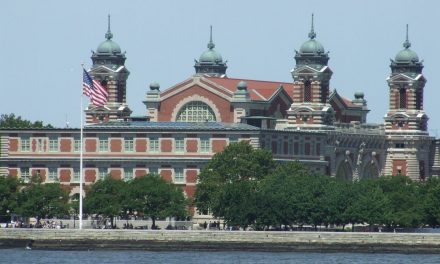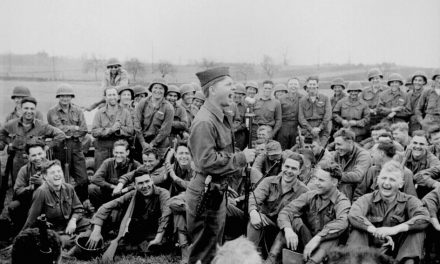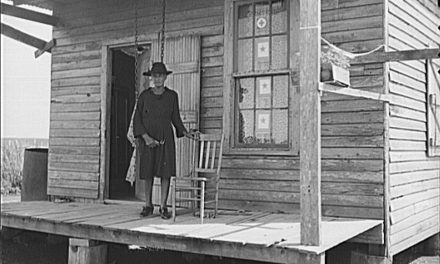With the United States now at war in the Pacific, the Rose Bowl, one of college football’s premier annual showcases, will have to be moved.
The game takes place annually in Pasadena, Calif., but that will not be possible this time around. Following the Japanese attack on the Pearl Harbor naval base in Hawaii, the army is doing everything it can to avoid large gatherings on the coast, out of concern that the Japanese will attack the mainland. So Lieut. Gen. John L. De Witt directed the governor of California, Earl Warren, to cancel the Rose Bowl, which had been scheduled to take place on Jan. 1, 1942.
Sponsors have agreed to cooperate with the order and are making the necessary arrangements.
With California no longer an option, Duke and Oregon State – the two programs playing – were tasked with finding a new venue for the contest. Percy Locey, the director of athletics at Oregon State, offered to hold the game on his university’s campus in Corvallis, Oreg., instead. That location, however – about 30 miles inland – was still considered a potential target for Japanese forces.
And so, Duke jumped at an opportunity to take home-field advantage. The school’s stadium in Durham, N.C. will now host the Rose Bowl. Oregon State has agreed to the move. Now, the two schools just need permission from the Army.

Aerial view of Duke Stadium in Durham, N.C. where the Rose Bowl will take place. From Duke University Archives Flickr.
“I think the Army will give its permission,” Duke head coach Wallace Wade said.
The man in charge of the Blue Devils added that he is excited about the prospect of North Carolina hosting the Rose Bowl.
“We want to have the game here,” said Wade with a smile. “To tell you the truth, I’d like to see it myself.”
While final approval has not been granted by the U.S. Army just yet, ticket sales are already scheduled to start this week. Tickets for the Rose Bowl in Durham will cost $4.40. The record for attendance at Duke’s stadium was set at 52,880 in 1939 when the University of North Carolina paid a visit.
As for Californians who bought Rose Bowl tickets expecting a game in Pasadena, refunds are in order. Approximately 60,000 tickets were sold for the original event, racking up about $264,000. The money will be returned by way of individual check.
While the Rose Bowl is the first athletic event to take a hit on the home front, this is not the first time the war has had an impact on sports. It was at the 1936 Olympics in Berlin that the world was first truly introduced to Nazi Germany and the regime’s intention to showcase German superiority. Four years later, with the games scheduled to be held in Japan, there was no Olympics due to the war.
Now, the Rose Bowl has been forced from its traditional location for the same reasons. Other events have been postponed as well, including college football’s East-West Shrine Game. The all-star game has always been held in San Francisco, but that will not be possible due to the Army’s restrictions. Unlike the Rose Bowl, the East-West game has yet to find a new host.
Andy Kerr, head coach of the East, did say that he would not mind heading south for the game.
“I feel the game should be played in the south for climatic reasons,” he said.
As college football continues to make adjustments, more conflicts are likely on the way for American sports. Cancellations and frequent relocations should be expected on the West Coast. There is also the likelihood of a draft as the U.S. prepares for war, something that will undoubtedly shake up all of the professional sporting leagues in the country.
“Duke Suggests Oregon State Visit Durham.” Washington Star, December 15, 1941, p. 1.
“BAN CALIFORNIA RACING; ROSE BOWL TO DUKE. Chicago Tribune, December 16, 1941, p. 25.





